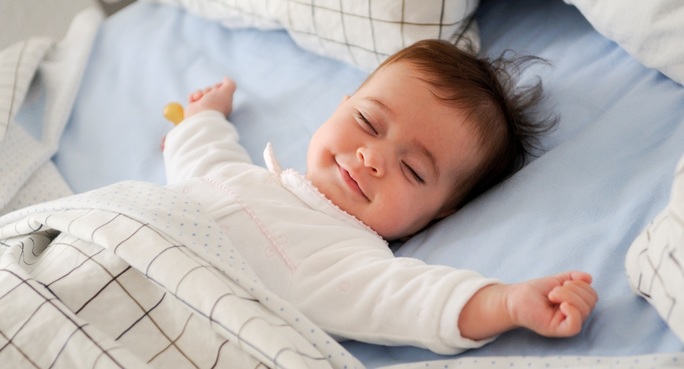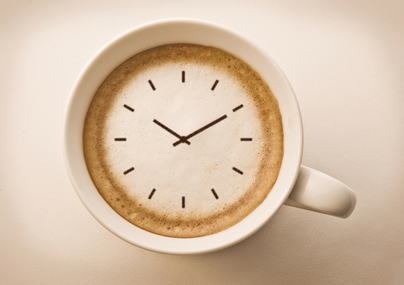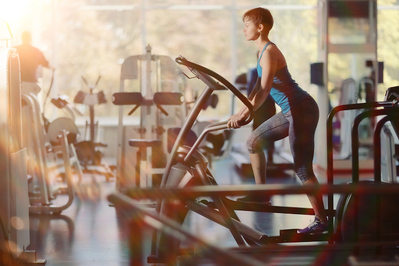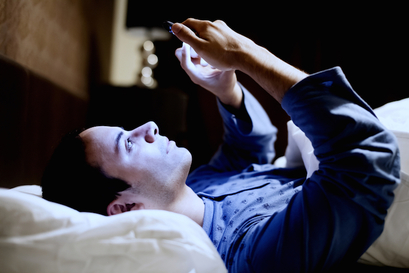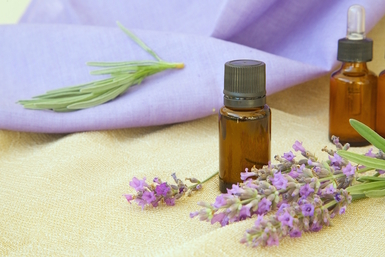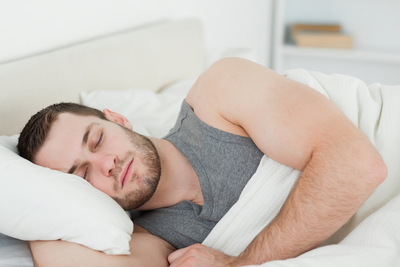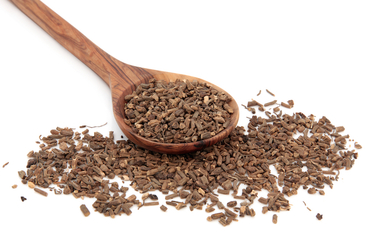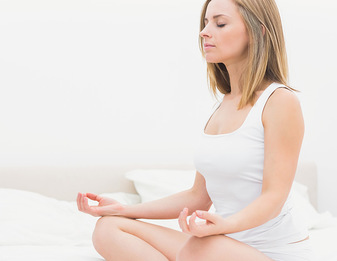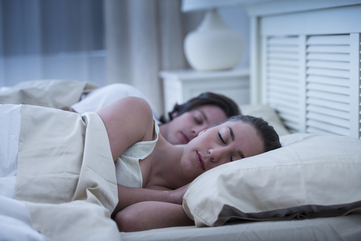9 things to have a better night of sleepAre you one of the hundreds of millions taking (addictive) sleeping pills to get through a full night's sleep? Or maybe you fall into the millions who report occasional insomnia, or those who report insomnia nightly? Here are 9 simple, easy ways to help you beat insomnia without (addictive) medication.
There are many conditions that contribute to insomnia and poor sleep patterns, such as depression, anxiety, arthritis, an overactive thyroid, stress, and even taking certain medications (including some over-the-counter meds). And although it may be easy to take medicine, that doesn’t necessarily solve the issue or mean that you have access to the medication due to insurance-related reasons.
As you age, you are more likely to become a sleeping pill popper, and at least 1/3 of Americans report that they are getting less than seven hours of sleep a night. Though there are many reasons for this, a reduction in melatonin (an important hormone in regulating your wake and sleep cycle) production with age is a predominant one. Using drugs to help you to sleep can be dangerous when used incorrectly, and doesn’t always solve the underlying issues in chronic insomnia cases. Addressing these hidden factors will take more than medicine. It could mean you need to change your lifestyle habits or make changes to your environment.
At least 1/3 of Americans report that they are getting less than 7 hours of sleep a night. Insomnia can take a toll on your health over time, so it’s important to be proactive about making changes to your habits if you know that you are capable of doing so. Why? Because insomnia can put you at higher risk for depression and serious illnesses (like heart disease), and makes you more likely to have an accident (at work, home, or while driving) due to exhaustion. What defines healthy sleep, or sleep health? As it turns out, this is something that has not been as widely defined. The SATED scale is a self-reported sleep measuring tool. It is a self-reported scale that involves assessing 5 dimensions of sleep, including: Satisfaction with sleep; Alertness during waking hours; Timing of sleep; Sleep Efficiency; and Sleep Duration. While it is easier to pop a pill after a long day at work, plus a few hours in the traffic parade, be aware that the use of drugs, especially sedatives, isn’t risk-free. If you suffer from restless sleep, try one of the following natural sleep remedies: 1. Put the Caffeine Down!
While it was recently confirmed that coffee consumption may lower your risk of developing diseases like cardiovascular disease and diabetes, coffee and other caffeine consumption should be kept on a schedule.
Everyone metabolizes caffeine differently, and drinking caffeine (i.e., soda, tea, energy drinks, etc.) too close to your bedtime can affect how well you are able to get to snoozing. Stop drinking caffeine for at least 6 hours prior to bedtime to optimize your shut-eye. Consider eliminating caffeine altogether if you are very sensitive to it. 2. Sweat Your Way to Sleep
If you didn’t have a good reason to get active before, let insomnia guide you to the workout that will help you put your lights out for the night. Do you have trouble sleeping at night, and often use the excuse that you are too busy to have time for exercise? Try your best to phase this kind of thinking out of your daily routine.
Aerobic physical activity is known to contribute to improvements in sleeping patterns in older adults, as well as improvements in overall mood and quality of life. Moderate aerobic exercise or high-intensity resistance exercise were both found to improve sleep quality at a low cost, and is an effective alternative or complementary approach to existing insomnia therapies. Avoid having late-night workouts, as this could get your adrenaline pumping enough to keep you awake past your bedtime. Try working out in the morning or in the afternoon. 3. Disconnect from the Electronic World
Contrary to popular belief, cell phones and other electronic devices are not supposed to be glued to your hands 24/7. Before bed, put away your electronics to maximize your chances for a healthy night’s sleep. Sure, it’s nice to surf through the Web before you drift off, but connecting with the electronic world could be costing you some Zs.
When you’re up late scrolling through Facebook, Instagram, or watching TV, you’re exposing yourself to light as well as stimulating brain activity. Though you can’t expect to get sunbathing rays from an electronic screen, even a cell phone’s minimal light exposure is enough to fool your brain into thinking stay awake, the sun is up! To be more specific, exposing yourself to light throughout the night throws off your body’s circadian rhythm (better known as your biological clock, or the internal system that regulates wakefulness and sleepiness).Try reading a chapter or even a few pages of a book or magazine before bed instead of the latest social media scoop. 4. Aromatherapy
Aromatherapy is also known as essential oil therapy, and it has to do with aromas—or smells/odors. Lavender essential oil is widely known to improve sleep quality and bring about a sense of relaxation. Chamomile, marjoram, eucalyptus, and jasmine essential oils also help to relieve insomnia.
There are a few options when it comes to how you want to administer your sleep-inducing aromas. One would be to put a few drops, or a spray, of the essential oil onto your pillow. Another way to get the sedative effects is to put the few drops/spray onto a tissue, hold it to your nose and take 10-15 deep, concentrated breaths. You can also add 6-8 drops of your favorite essential oil to a warm bath before bedtime (try a combination of these, too!). 5. Listen to Soothing Tunes
Sometimes a little background noise can be beneficial to your sleeping patterns, since certain types of music are known to help you unwind and fall asleep faster. We’re not talking high-energy dance music, or anything above 60 beats per minute (bpm). It’s been found that 60 bpm is about how fast your heart beats while resting, and listening to a song that is slower than this creates a sedative effect. Ideal rhythms are smooth and flowing, without any sudden changes.
Frequency of sound has a powerful effect on consciousness, and although tones may not be what we traditionally think of with music, tones of certain frequencies can help you get higher quality beauty rest with ease. These tones go by the name of binaural beats, and they have been used since the early 1800s within the alternative medicine community to help induce relaxation, meditation and other mental states. Throughout the day, your brain goes through different states of consciousness which correlate with brain waves of varying frequencies. When you want to get some Zs, you ideally want to have a low brainwave frequency, which can be induced when playing two tones of different frequency. In this case, your ears don’t get to take the credit for getting you to pass out, it’s more the work of your brain. When two different tones are played, your brain cancels one out with the other so that the frequency your body picks up is the difference of the two tones. Music associated with positive memories may also help to bring your mind into a relaxed and happy state (associated with your memory) which can help you to fall asleep, as well. 6.Valerian Root Supplements
There still isn’t any solid evidence pointing to what it is in this herb that is the sleep trigger, but valerian root has been used since ancient Greco-Roman times for things like headaches, nervousness, seizures, distress, and insomnia. You can find valerian root in liquid, tea, tincture, or pill form these days, and the supplement is made from the herb’s roots and stems.
Be sure to talk to your doctor before taking valerian root if you are pregnant, nursing, or taking other sedative medications. 7. Eat for Sleep
There are a few key nutrients found in food than can help you get rid of insomnia. Calcium (Not from milk!) and magnesium (which should be consumed together), and foods rich in tryptophan and B vitamins will help to reduce insomnia.
Calcium helps to increase your body’s melatonin production. Calcium is your body’s most abundant mineral and is needed for many vital processes, including muscle function and nerve transmission. Milk acidifies the body PH and so the body uses the bone calcium to counter that. You can reed more here (www.saveourbones.com/osteoporosis-milk-myth). Foods rich in calcium include almonds, spinach, collard greens, and kale. Pairing magnesium with calcium helps to get your body to relax by closing calcium channels of your nerve cells, consequently reducing neuronal transmission. Foods rich in magnesium include dark leafy greens, pumpkin seeds, avocados, and bananas. Tryptophan is an essential amino acid with many integral functions as far as insomnia is concerned. The most important products made from tryptophan are serotonin (a neurotransmitter known to help improve mood and relieve depression) and melatonin. Additionally, tryptophan is a precursor for vitamin B3, better known as niacin, which can improve sleep quality by relieving anxiety and depression. Foods rich in tryptophan include walnuts (which also contain melatonin), eggs, crustaceans (i.e., shrimp and lobster), and meat (i.e., beef, lamb, pork, chicken, and turkey). Vitamin B3 isn’t the only B vitamin that helps you sleep. In fact, B1 (thiamin), B6 (pyridoxine), B9 (folic acid), and B12 (cobalamin) all help to calm anxiety to improve sleep by stimulating your body’s dopamine, serotonin, melatonin, and GABA (gamma aminobutyric acid—an important neurotransmitter involved in your sleep/wake cycle). Foods rich in B vitamins include poultry, leafy vegetables, shellfish, beef liver, and eggs. 8. Practice Gentle Yoga
There are many different types of yoga, and they are characterized by things like how long the poses are held, which poses are used, temperature of the environment in which you practice, and disciplinary focus (i.e., on the breath, or on the mind, such as with chanting). While some styles, like vinyasa or ashtanga, are more high-energy and get your blood flowing, gentle yoga is what you want to do to help you hit the hay.
Gentle yoga is much less strenuous, and its low intensity makes it ideal for beginners, seniors, and people who are disabled or injured. Start with our 10-Minute Yoga Routine for Perfect Sleep here. 9. Practice Good Sleep Hygiene
Disciplining yourself into good habits before bedtime means having good sleep hygiene. Sleep hygiene takes practice, but when you get a good routine going, falling asleep will be easier and you will sleep deeper through the night. Here are things that might be included in your sleep hygiene:
Bottomline There is no one magic solution for a good night’s sleep. The only way to figure out what works best for you to unwind is to keep trying different things until you find what works. Most importantly, give new remedies a persistent and fair trial (i.e., 1-2 weeks vs. only once or twice). If all the above does not help, I suggest that you contact me and we can look for the root of your sleep deprivation. Ask for an assessment session.
Main source: www.theheartysoul.com
|

